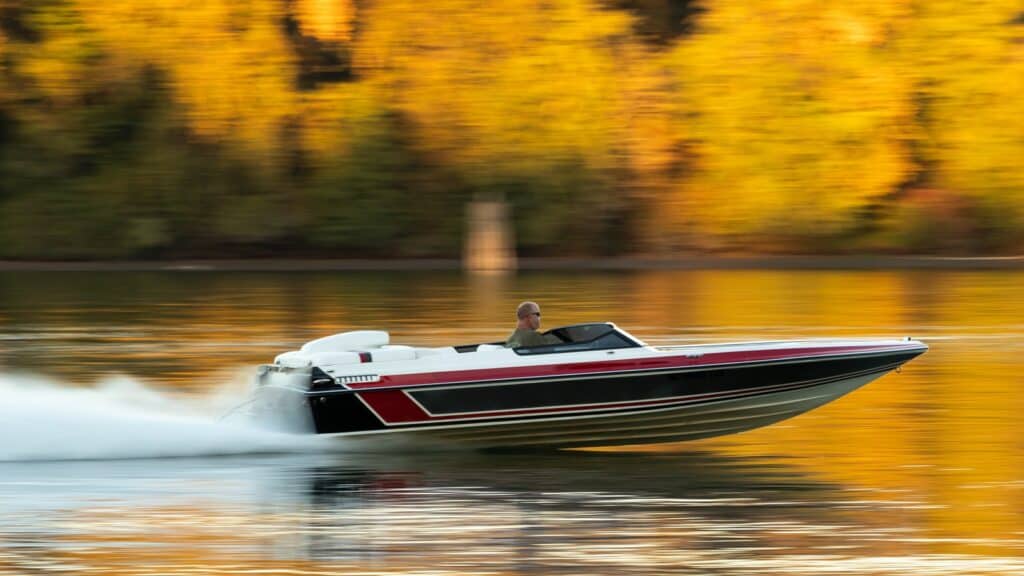
New boaters may feel overwhelmed by all the types of hulls available. A boat hull can be classified as either mono or multihull, which are also called tunnel hulls in the world of boating. There are three good reasons to consider a tunnel or multihull boat in this article.
Multiple hull boats have been used in human exploration around the world for thousands of years. It is believed that ancient civilizations used them to navigate the globe, but we have all forgotten why they were used. There are three main reasons for choosing these types of boats:
- Stability
- Safety
- Efficiency
Multi-hulled boats are more stable than monohulls. Mono hull boats tend to roll as they operate and even while parked. For some, this may cause seasickness. Typically, these types of boats are more stable because they are wider, and whenever there are more than one hull, stability is increased.
It is too late when people consider boat safety. Tunnel boats are more difficult to sink because it requires more than one failed hull to fill them with water. Even the US Coast Guard does not require floatation devices on some of these boats because of their proven safety record. In the world of bluewater ocean crossings, the more hulls a boat has the safer and more stable its trip will be.
Compared with monohull boats, multihull boats are much more efficient when it comes to top speed or fuel consumption. Due to their advantage, monohulls cannot compete with multihull boats. There are simply different kinds of boats, and the efficiency of these boats is higher. There are all multi-hull boats in the world that are the fastest. Similar conditions apply to sailing vessels with regard to distance traveled.
A multihull or tunnel hull boat might be a better option if you’re looking for a boat that can handle some rougher weather and seas. With a wide stable platform, these boats are ideal for fishing and handling rough seas. When it comes to safety, they are your best option. They are also faster than monohulls, which translates to more time on the water because fuel costs are lower.
